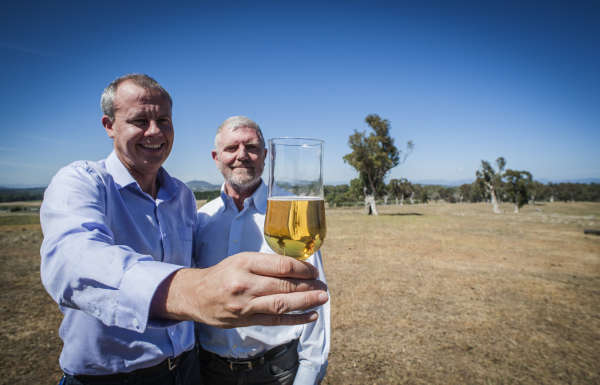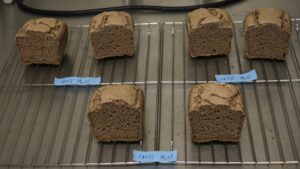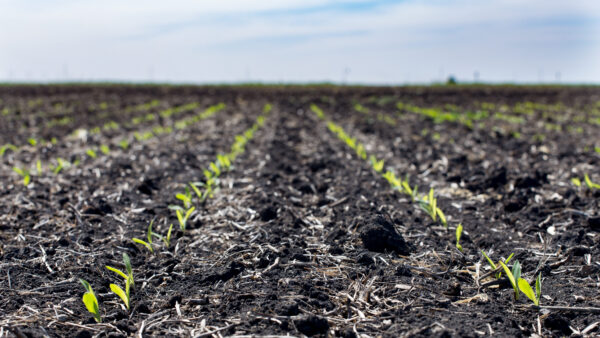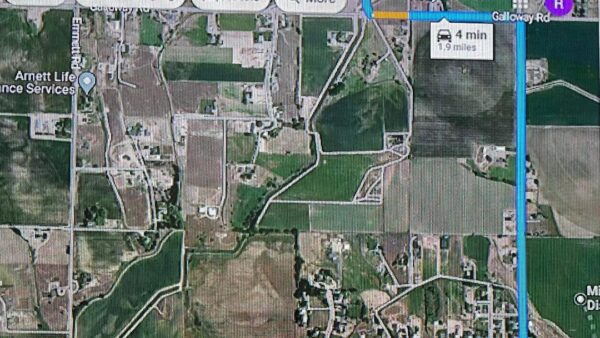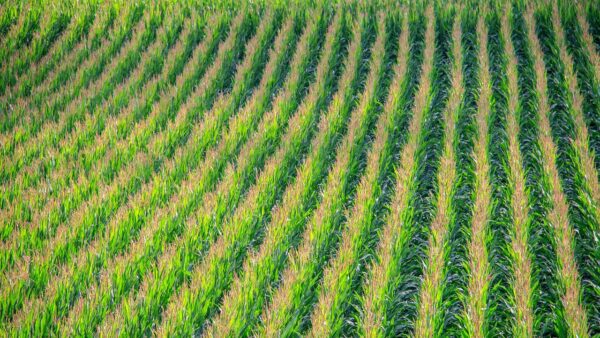Kebab barley, developed by Australia’s national science agency CSIRO, has been used to make the world’s first commercially produced, full flavoured, barley-based gluten-free beer.
This is especially good news for people with celiac disease who could soon enjoy a greater variety of foods and beverages thanks to work by Australian scientists.
German beer brewing company, Radeberger has used Kebari barley to develop the barley based gluten-free beer, Pionier, the first such beer under the German Beer Purity law Reinheitsgebot.
Scientists from CSIRO, with co-funding from the Grains Research and Development Corporation (GRDC), have bred the Kebari grain, a new barley variety with ultra-low levels of hordeins, the type of gluten found in barley.
“Using conventional breeding we’ve reduced the gluten levels to 10,000 times less than regular barley which more than meets the World Health Organization’s recommendation for calling a grain gluten-free,” CSIRO Principal Research Scientist Dr Crispin Howitt said.
In the future, this will provide more variety for the global population, including 1 to 2 per cent of Australians, with coeliac disease and people who avoid gluten in their diet. Diets that restrict grains can be nutritionally poor, high in fat and sugar and low in fibre.
“It’s really exciting seeing the first product made with the malted version of our Kebari grain, we hope it’s the first of many products,” Dr Howitt said.
“We’re also working on a hulless version of Kebari which is preferable for use in a range of foods like breakfast cereals, soup, even pasta and flatbreads, which will be the first part of the next generation of gluten free products helping people with coeliac disease to increase fibre, promote bowel health and enhance nutrition in their diet.”
While Pionier beer is only available in Germany, CSIRO is continuing to explore opportunities with Australian brewers to develop a local beer using Kebari barley.
Once development of a hulless version is complete, there is a plan to work with manufacturers to bring a range of foods containing Kebari barley to Australian consumers.
While it is ‘ultra-low’ in gluten, Kebari grain cannot be called ‘gluten-free’ in Australia or New Zealand under the current Food Standards Code.
However, the gluten level is well below 20 parts per million, the level recommended by the World Health Organization for classification as gluten free, so in some other countries, like Germany, products made with Kebari barley can be classified as gluten free.
The Walter and Eliza Hall Institute of Medical Research and The Royal Melbourne Hospital were involved in the early stages of the ultra-low gluten barley project.


